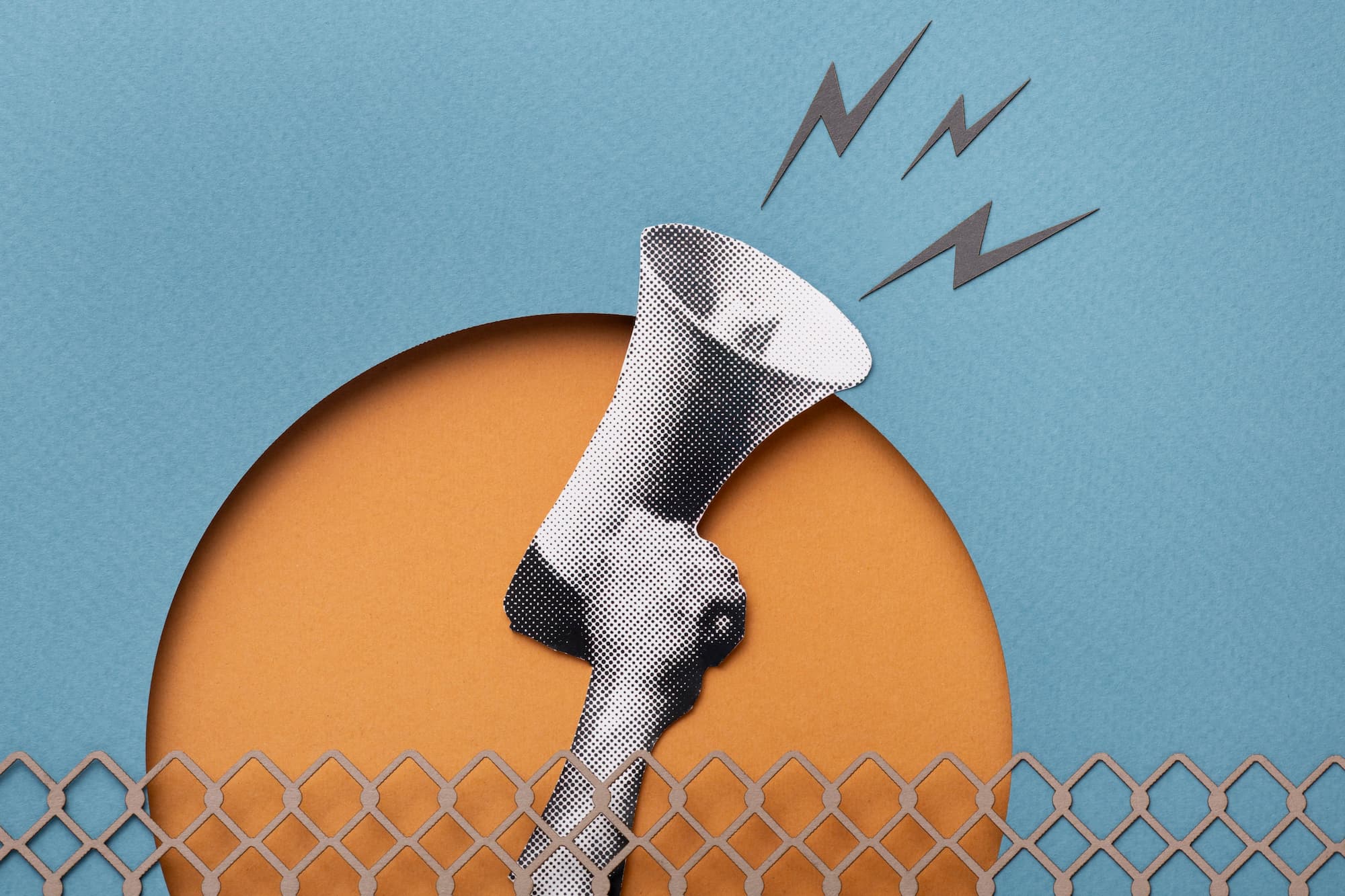De-banking Silently Closes Accounts.
No Explanation.
Imagine waking up to find an important fund transfer for aid in Syria held by your bank, or a notice in the mail of your account closed, and no one will tell you why. This is the reality for humanitarian charities and thousands of Canadians affected by de-banking. It’s legal, invisible, and deeply harmful.
What Is De-banking?
Debanking is the specific action of shutting down an account or denying financial services and can be a result of de-risking.
De-risking is when financial institutions implement policies and practices to avoid legitimate and lawful sectors, regions, or clients they view as a risk —often due to regulatory pressure—before any wrongdoing has occurred.
Debanking and derisking is legal.
De-banking in Canada: When Compliance Becomes Exclusion
Canada’s banking system is one of the most concentrated in the world — and that concentration has consequences. When one major bank de-banks a Muslim-led and humanitarian charities or mosque, others often follow. The result? Legitimate nonprofits are quietly pushed out of the financial system, with no clear explanation and nowhere to turn.
For Muslim organizations and individuals, it’s not just a financial inconvenience — it’s being treated as a compliance risk by default, not a valued client.
About COODA
The Canadian Observatory on De-banking Abuse (COODA)
The Canadian Observatory on De-banking Abuse exists to raise awareness and educate the public about how financial institutions apply De-banking practices — and how these practices disproportionately harm Muslim organizations and humanitarian charities across Canada.
Learn More
Who Impacts De-Banking Practices
De-risking isn’t random — it’s the product of how Canada’s banking institutions, interpret, and enforce risk assessments defined by the Government of Canada. While no single body is solely responsible, key actors within the system hold immense influence over who gets access to banking — and who gets shut out. While government regulations set the framework, banks ultimately decide how to apply them. These decisions often lead to frozen accounts, terminated services, and, in many cases, complete exclusion from the financial system — with no explanation and virtually no path for recourse.
Complicit PartiesThe Systemic Impact of De-Risking
De-risking doesn’t affect everyone equally. In Canada, it’s Muslim-led and humanitarian charities, immigrant families, and racialized communities that bear the heaviest burden—denied access to banking not for what they’ve done, but for who they are and where they send money. This is not a fringe issue; it’s a widespread, structural problem that cuts people and organizations out of the financial system—and out of society.
Muslim and Humanitarian Charities
Working in Syria, Gaza, or Somalia? Even if compliant, these organizations are routinely dropped by banks and payment platforms without explanation.
Mosques & Community Centres
Told with days’ notice to move millions or risk losing their operating accounts, disrupting vital community services.
Diaspora Families
Muslim-Canadian families have seen personal accounts shut down simply for sending remittances home, blocking lifelines to relatives.
The Human Cost

The Impact
Community organizations collapse overnight
Families abroad go without remittances
Donors lose confidence
Muslim communities are treated as suspect by default
Systemic Discrimination
At its core, systemic biases and stereotypes, often informed by Islamophobic assumptions, skew how financial institutions view entire regions. Muslim-majority countries are frequently flagged as inherently risky or linked to terrorism, even when the work being done is purely life-saving and humanitarian. This systemic problem affects not only Canadian organizations working abroad but also domestic charities here at home.
How We Change This
De-banking isn’t just a financial decision — it’s a systemic issue rooted in policy, bias, and lack of accountability. To address the harm caused by unjust account closures and financial exclusion, Canada must reassess and reform its De-banking practices at every level. Policy change, transparency, and stronger consumer rights protections are essential to preventing discrimination under the guise of “risk management.”
Learn More